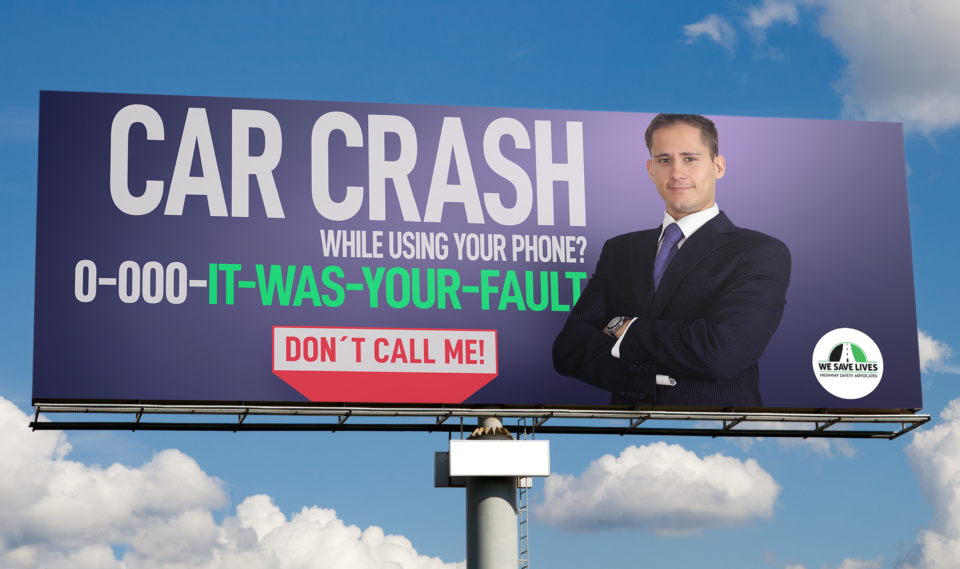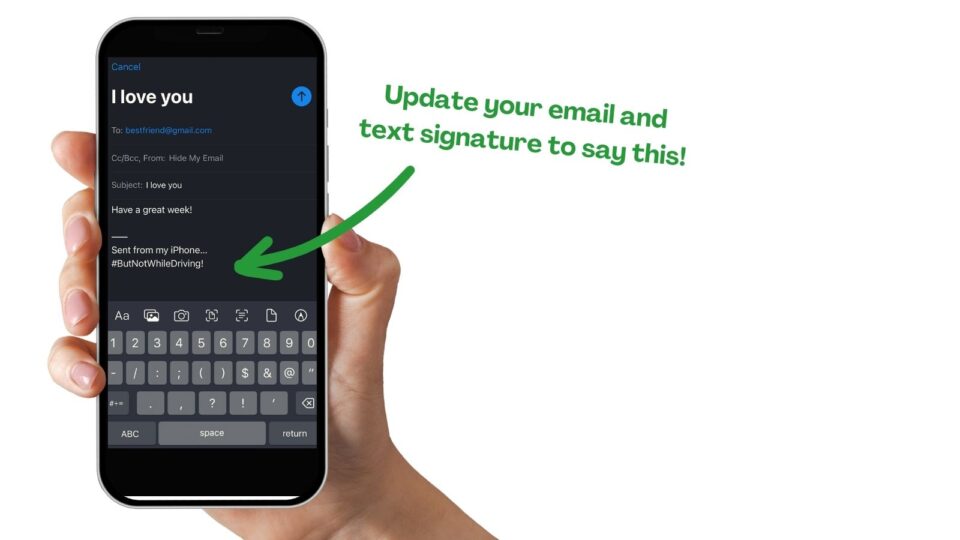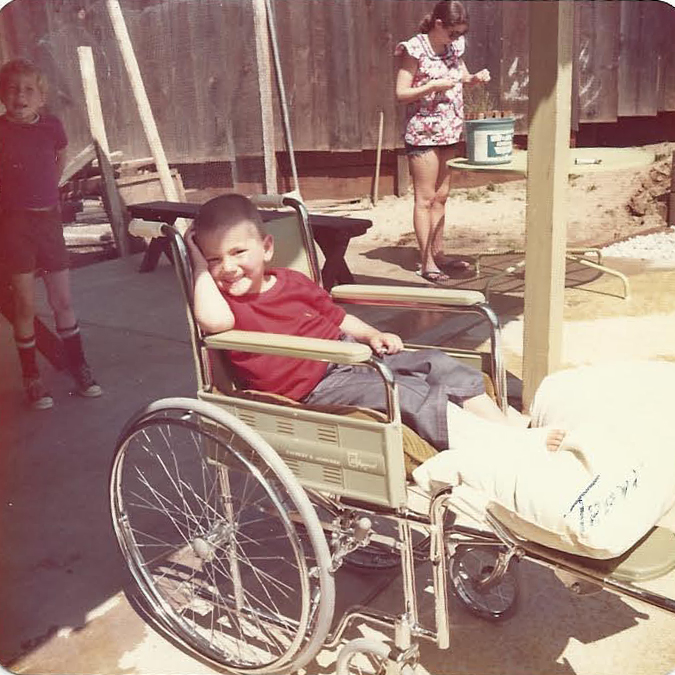- WE SAVE LIVES
- info@wesavelives.org
The Weaknesses with Florida’s legislation to Ban Texting and Driving
Presidential Task Force
September 16, 2016Teen Safe Driving Coalition Leadership Academy
September 16, 2016The Weaknesses with Florida’s legislation to Ban Texting and Driving
What is wrong with this Legislation? Although the ban prohibits drivers from texting or emailing while driving, the minute you stop temporarily, you can take up that cell phone and start texting and emailing like mad. How many people do you think will complete their message at a red light and then gently lay the phone down until the next red light, stop sign or while waiting in traffic for the cars to start moving? None, in my opinion. They will go on texting or emailing while they continue to drive so they can finish their message. Can you please tell me what message is so important that it is worth a life, injury or crash? I challenge anyone to come forward with something so urgent it can’t wait until they pull off the road.
We applaud the Florida legislature for finally and I mean finally, after 5 tries, attempting to do something about texting and cell phone use. And we especially applaud Sen. Nancy Detert, R-Venice for sponsoring this bill. But this has to be one of the weakest first steps in the history of banning texting and driving I have seen.
If there is a weaker bill, please pass it on. Governor Scott said, “As a father and a grandfather, texting while driving is something that concerns me when my loved ones are on the road. The 100 days between Memorial Day and Labor Day are known as the deadliest days on the road for teenagers. We must do everything we can at the state level to keep our teenagers and everyone on our roads safe. . . “ If this legislation makes Governor Scott feel that his loved ones are safer while driving on Florida’s highways, he may want to encourage them to stay home.
There were approximately, 189 crashed in Florida in 2012, related to texting while driving although those numbers may not be accurate due to the under reporting of distracted driving. Yet, this bill, doesn’t even consider texting and driving a serious crime. First it is a secondary offense meaning you have to be stopped for something else first and then the fine is only a measly $30.00. If you can afford to text and drive, you can afford a much higher fine. They somehow missed the national phone survey conducted by NHTSA that said, “The majority of the respondents support bans on handheld cell phone use (71%) and texting while driving (94%) and approve of fines of $100 or higher (69% for handheld cell phone use, 79% for texting). Almost a quarter support fines in the $200 to $499 range.” And according to another survey, “More than 80% of teens believe that tougher penalties for those caught texting while driving and heavier police enforcement also are deterrents.”
Hopefully, until we get a stronger law, the publicity for the legislation will act as a deterrent more so than the law itself. We have to do better.



